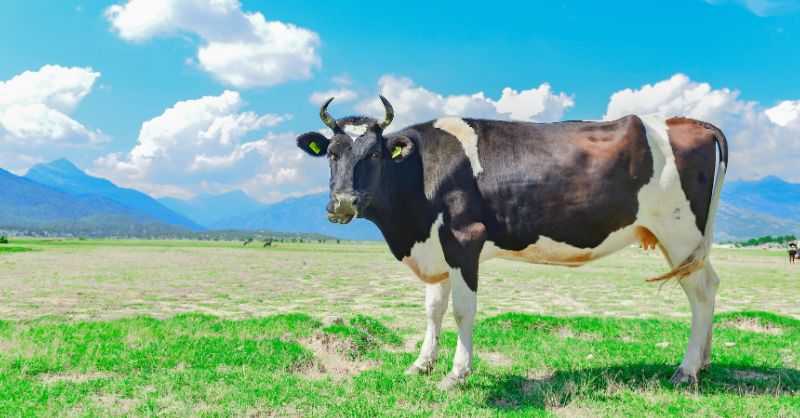Livestock Products Market Witnesses Steady Growth as Livestock Farming Flourishes
22 May, 2023

The livestock industry continues to thrive, playing a vital role in meeting global demand for essential food products. Livestock products, including meat, dairy, and eggs, have become indispensable commodities that cater to a wide range of consumer needs. Livestock management, supplies, feed, and farming practices contribute to the sustained growth of this industry, ensuring a consistent supply of quality products. Let's delve into the world of livestock products and explore the latest trends, challenges, and opportunities in this dynamic market.
The livestock industry continues to grow, driven by efficient management, quality supplies, feed, and sustainable practices. Rising demand for animal-based protein and shifting consumer preferences for ethical products create opportunities, while challenges like diseases and climate change persist.
Livestock management lies at the heart of efficient and profitable livestock farming. It encompasses various practices aimed at maintaining the health, welfare, and productivity of animals. From ensuring adequate shelter and nutrition to implementing effective breeding and disease control measures, livestock farmers meticulously manage their herds. With a focus on sustainability, modern livestock management techniques promote animal welfare while maximizing productivity.
The availability of reliable livestock supplies is crucial for the smooth operation of farms. These supplies include equipment, such as waterers, feeders, and fencing materials, as well as hygiene and healthcare products for animals. Livestock farmers heavily rely on these supplies to optimize their production systems and maintain the well-being of their livestock. The market for livestock supplies has experienced consistent growth due to the increasing demand for efficient and cost-effective farming solutions.
Another critical component of successful livestock farming is high-quality livestock feed. Livestock feed plays a vital role in ensuring the health and productivity of animals. It is carefully formulated to provide the necessary nutrients for growth, reproduction, and overall well-being. From grains and forage to specialized feed mixes, the livestock feed industry offers a diverse range of options to meet the nutritional requirements of different animal species. Continuous research and innovation in this field have led to the development of feed formulations that enhance animal performance and reduce environmental impact.
Livestock farming has witnessed significant advancements in recent years, driven by technological innovations and changing consumer preferences. Efficient use of resources, improved genetics, and precision farming techniques have transformed the industry, leading to increased productivity and reduced environmental footprint. Livestock farmers are adopting sustainable practices, such as organic farming and rotational grazing, to minimize the impact on the ecosystem. These practices not only contribute to environmental conservation but also resonate with consumers who prioritize ethically produced and environmentally friendly products.
The livestock products market has been on a steady growth trajectory due to the rising global demand for animal-based protein. The growing population, coupled with increasing disposable incomes, has fueled the consumption of livestock products across the world. Developing countries, in particular, have witnessed a surge in demand as their economies expand and dietary preferences evolve. The livestock industry plays a vital role in meeting this demand, providing a sustainable source of protein-rich products.
While the livestock products market presents immense opportunities, it also faces certain challenges. Animal diseases, climate change, and fluctuating feed prices can impact the profitability and stability of livestock farming. However, advancements in veterinary medicine, climate-smart agriculture practices, and risk management strategies are helping mitigate these challenges.
The increasing focus on animal welfare and sustainable farming practices has led to a growing trend of conscious consumerism. Consumers are increasingly seeking products that align with their values and support ethical and environmentally friendly practices. This shift in consumer behavior presents both challenges and opportunities for the livestock industry. By adopting transparent and responsible practices, livestock farmers can tap into this market segment and cater to the evolving demands of conscious consumers.
The livestock products market continues to thrive, driven by efficient livestock management, reliable supplies, high-quality feed, and sustainable farming practices. Livestock farming plays a vital role in meeting the global demand for essential food products while ensuring animal welfare and environmental sustainability. As the industry embraces technological advancements and adapts to changing consumer preferences, it is poised for further growth and innovation. With a focus on responsible and sustainable practices, the livestock industry is well-positioned to meet the challenges and opportunities of a rapidly evolving market.
